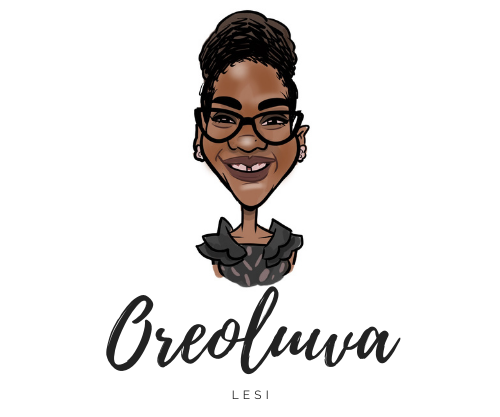
“Unhappy is he who depends on success to be happy,” Alex Dias Ribeiro, a former Formula 1 race-car driver, once wrote. “For such a person, the end of a successful career is the end of the line. His destiny is to die of bitterness or to search for more success in other careers and to go on living from success to success until he falls dead. In this case, there will not be life after success.”
Ouch!
I like to think of myself as possessing a healthy sense of self, which is detached from any professional achievements I might have acquired.
But the truth is – like so many of us these days – I derive a significant portion of my self-worth from my work and by extension, my work-related accomplishments.
And when those seem to pale in comparison to others’ (NO THANK YOU to social media for this window into other people’s lives), I sometimes feel less than.
But then I am still in the prime of my career. I run two organisations, both of which are growing and have still so much ahead of them. I get invited to speak at events, I’m nominated for awards and my work is featured in the media from time to time.
But history shows that most people experience a career peak, after which things start to decline. Perhaps they have reached the pinnacle of their ascent and the only stage after that is retirement. Or perhaps they no longer have the energy or speed to compete in a high-intensity industry. Or there is the inability to keep-up with the latest innovations and systems. The reasons vary, but the end result is usually similar. Fewer invitations to speak. Less awards and public recognition. Close to empty calendar. The phone isn’t ringing off the hook. The emails have stopped flooding in demanding your attention.
It must be a crushing experience for some to go from highly sought-after to idly drifting by.
In some careers, the professional peak happens much later (authors) and in others much earlier (sports people, entrepreneurs apparently).
So since a slow-down of some sort is pretty much the order of the day for most of us, how do we manage the feelings that come with this. How can we, not just survive, but thrive as our professional journey starts a slow but definite descent?
These were some of the questions that this article in the Atlantic – “Your Professional decline Is Coming Much Sooner Than You Think” – by Arthur C. Brooks pondered upon.
The 4 recommendations were to:
- Leave while the applause is highest
- Serve others. This could be through teaching or mentorship. What do they say about those who can’t do (anymore), teaching?
- Focus on more spiritual pursuits.
- Nurture relationships, because these are the real stuff that make life fun and flavourful.
I really couldn’t say it any better myself, except to add that we are multi-dimensional beings. It’s unlikely – especially in this day and age – that our career path would comprise of just one type of job.
It’s more typical to have tried at least two or three different types of jobs or worked in a variety of industries.
So, the natural end of our professional journey in one field could mean a gradual move into another sector. I personally think that’s exciting and gives me a lot to look forward to.

Recent Comments